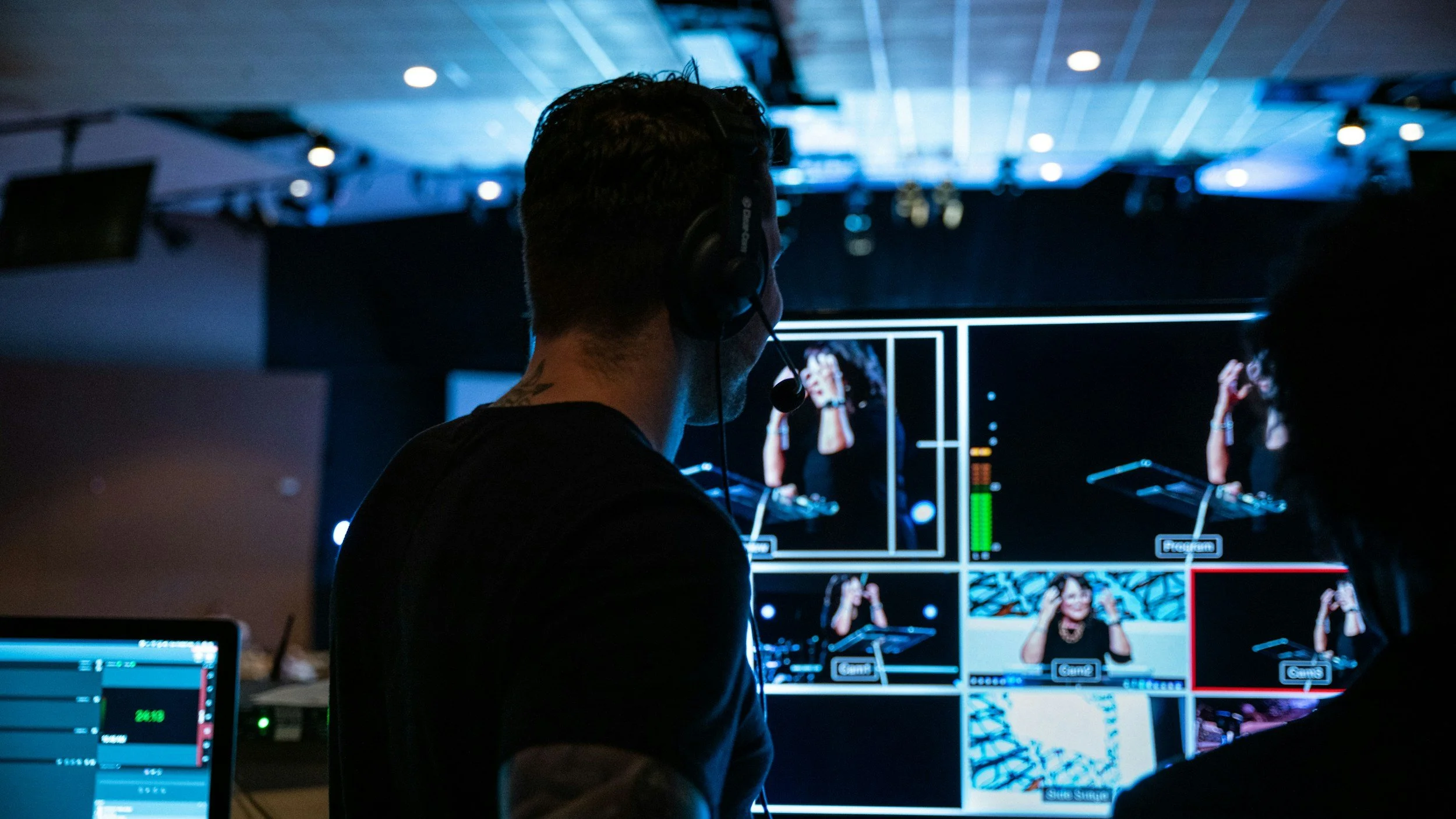What Democrats Will Pass First if Given Full Political Control
by Steve Haner
Predicting how Democrats will transform Virginia should they gain full control of state government in November’s election is easy. Just look through the list of 400 plus bills vetoed by Republican Governor Glenn Youngkin, most of them from 2024 and 2025.
The progressive bills which reached Youngkin’s desk with unanimous or near unanimous Democratic votes and then died will stand a much greater chance of survival under Democrat Abigail Spanberger, if she wins. Sadly, few of these issues have received much attention during the long campaign season and were ignored in the single, one-hour debate, held after weeks of early voting.
At a meeting last week of the legislative Commission on Electric Utility Regulation, several of the vetoed bills were reviewed with the open intent to push them though again in 2026. On top of the list were the companion bills that would amend the Virginia Clean Economy Act to include a huge amount of utility-owned long-term battery storage facilities, adding $18 to $29 billion dollars of capital costs upon utility ratepayers.
Youngkin also vetoed a bill requiring electric utilities to pay a federal prevailing wage for their own employees and contracted workers constructing or repairing electrical generation facilities. If the bill wasn’t likely to produce higher pay and thus higher project costs for ratepayers, unions wouldn’t be pushing it.
Other energy issues dominated the list of veto targets identified earlier this year by the Thomas Jefferson Institute. Another of the worst would have placed the imaginary “social cost of carbon” at the center of utility planning. But the issues likely to return cover all aspects of living and doing business in Virginia, as that list illustrated.
Increasing the minimum wage has been a major priority for the Virginia Democrats. The 2024 Democratic priority Youngkin vetoed sought to raise the rate to $13.50 per hour this year and $15 per hour by January 2027. From that point forward, it will be indexed annually for inflation, something approved under the previous Democratic trifecta. The vetoed bills also expanded who was covered under the mandate. Spanberger has expressed support for raising the minimum wage.
Public employee collective bargaining will be another immediate focus. A 2025 bill vetoed by Youngkin would have expanded it to all categories of state and local employees, under the control of a new state regulatory board. When last in control Democrats empowered unions for certain local employment categories, mainly police and teachers.
To impede local governments from turning to private firms to provide transportation services, Democrats pushed through a bill requiring those outside vendors to match the pay and benefits of the public staff. If the public workers were unionized, so would the vendor’s staff have to be. That was another bill Youngkin vetoed, but Spanberger might not.
Youngkin vetoed legislation to create a state-run program of paid family or medical leave for private company employees, managed by the Virginia Employment Commission and funded with a new payroll tax reducing take-home pay for millions of workers. The projection, probably low, was that it would become a $1.9 billion state entitlement program by 2030. The initial projected required tax, also destined to grow, would approach 1% of salary or wages.
A Prescription Drug Affordability Board is a popular idea as medical costs grow, but there are plenty of reasons to worry about the state claiming that kind of power over pricing and worry further about how the pharmaceutical industry might withdraw choices from Virginians. Absent Youngkin’s veto of the bill creating such a panel in Virginia, would so many big pharma firms be coming here to build factories?
Bipartisan votes in the General Assembly authorized local governments to increase the sales tax by 1 percentage point within their jurisdictions, ostensibly to fund schools but tax dollars are very fungible. Again, only a Youngkin veto stopped this local tax increase, and we should expect another effort in 2026.
Also on the tax front, Youngkin stood against the Democratic push in 2024 to impose a digital sales tax on internal business-to-business transactions, in effect pyramiding the tax. Some form of digital sales tax for final users may be inevitable, given how the economy is changing, but the business-to-business approach would make Virginia less competitive with other states.
Youngkin thwarted the long-time goal of the lawyers who represent claimants by vetoing legislation to allow state-court class action lawsuits. Virginia remains one of a handful of states still resisting that. Another trial lawyer priority he vetoed would have increased pressure on insurance companies dealing with traffic accident claims, with the resulting higher awards merely adding to family insurance bills.
Few understood the broad implications of legislation to impose considerations of the “social determinants of health” on the local comprehensive planning process. Youngkin saw the potential for activists to overreach and vetoed the bill.
Quite a few of the bills Youngkin vetoed dealt with issues related to firearms, abortion and criminal justice; subjects outside the Thomas Jefferson Institute’s usual focus on energy, education, taxes and Virginia’s business climate. But voters who do feel directly involved in them are just as worried about who becomes Virginia’s next governor and gets to wield the pen to sign or veto new laws.
First published this morning by the Thomas Jefferson Institute for Public Policy.
Republished with permission from Bacon’s Rebellion.


